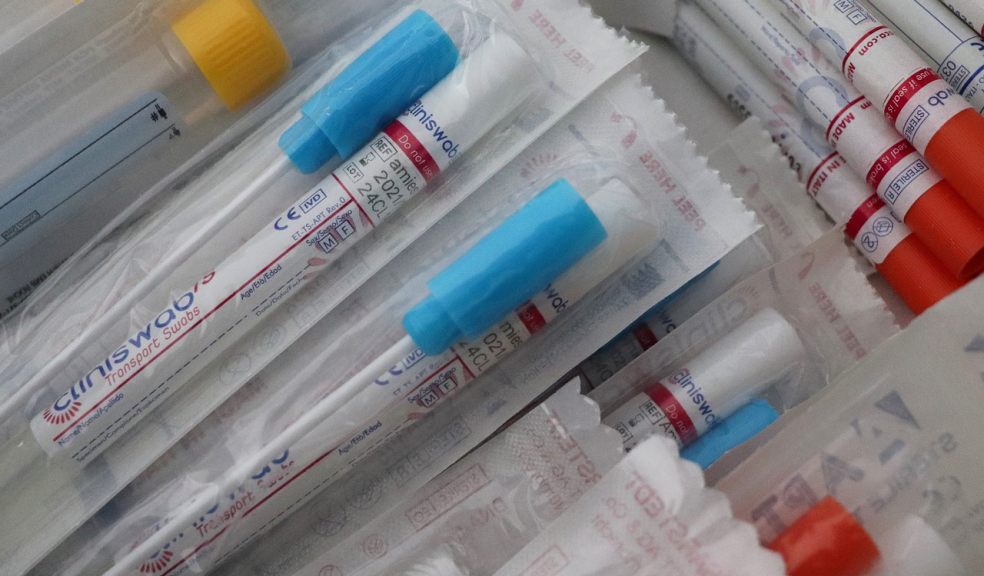
In What Ways Can Workplace Drug Testing Deter Substance Abuse Among Employees: Strategies and Impacts
Workplace drug testing is a tool that employers use to deter substance abuse among employees, maintain safety standards, and ensure a productive working environment. By implementing drug testing, companies send a clear message that drug use will not be tolerated, which in itself can have a preventative effect. Using methods such as Drug Tests can detect recent drug use quickly and efficiently. This non-invasive approach provides results almost instantaneously, making it an effective deterrent to substance abuse on the job.
Transparency regarding the drug testing policy, including when and how tests will be administered, is crucial in its success. Employees need to be aware that testing can occur at random, pre-employment, post-accident, or as part of regular screening. This helps to establish a culture of accountability within the workplace. Moreover, conducting these tests not only helps to reduce the occurrence of workplace incidents but also supports those struggling with substance abuse by guiding them toward the appropriate help and resources.
Key Takeaways
- Drug testing can prevent workplace substance abuse.
- Saliva drug tests offer a swift and non-invasive method to detect drug use.
- A clear drug testing policy promotes accountability and safety.
Efficacy of Workplace Drug Testing
Workplace drug testing can be a key strategy in curtailing substance misuse among employees, potentially leading to safer and more productive work environments.
Preventive Effects on Employees
Regular drug testing within the workplace acts as a deterrent for employees considering the use or abuse of illicit substances. When you know that your employer could request a drug test, the risk of job loss or disciplinary action becomes a significant factor in your decision-making process. Moreover, workplace drug-testing programs are diverse, including pre-employment testing, which often prevents those who use drugs from joining an organisation, and random testing, which maintains ongoing deterrence post-hire.
Reduction in Workplace Accidents
The relationship between substance abuse and the risk of accidents at work is well established. By implementing drug testing, companies aim to identify employees who might pose a danger to themselves and others due to substance influence. This approach has, in some instances, led to a decrease in work-related accidents, thus fostering a safer workplace. Regular testing can also complement other safety programmes by contributing to a culture of safety and responsibility.
Implementation Strategies
When implementing workplace drug testing, it's crucial to use structured approaches that uphold both ethical standards and legal requirements. The right strategy not only deters substance abuse but also aligns with employee rights and company policies.
Types of Drug Tests Used
Various types of drug tests can be utilised, each with its strengths and applicable contexts. Urine testing is common due to its non-invasiveness and accuracy. Blood tests, while more invasive, may be employed for their high specificity. Hair analysis can detect drug use over longer periods, whereas saliva tests offer a more immediate detection of substance use. Selecting the appropriate type of test is dependent on your workplace requirements and the substances of concern.
Best Practices for Ethical Testing
Ethical considerations are paramount in the deployment of drug testing. To maintain ethical standards, ensure informed consent is obtained from employees, testing is conducted with respect and privacy, and results are confidentially managed. Clear communication about the purpose, process, and implications of testing is essential. Embedding the programme within broader health promotion activities helps reinforce the company's commitment to employee well-being and can improve acceptance and compliance.
Legal Considerations
Legal frameworks governing drug testing can vary, so it's important you're well-informed about relevant laws and regulations. Consent and data protection are regulated by laws such as the UK's Data Protection Act and the General Data Protection Regulation (GDPR). An upfront drug testing policy outlining the rationale, methods, and consequences of testing must be in place. This helps protect both the rights of the employee and the company's legal interests. Regularly reviewing and updating your policy ensures it reflects current legal standards and best practices.
Conclusion
Employers have a vested interest in maintaining a safe and productive work environment, which may include the implementation of drug testing programmes. Evidence suggests that when employees are aware that their workplace conducts drug testing, there can be a deterrent effect on substance abuse. Additionally, such initiatives can potentially identify those in need of support, leading to timely intervention. It’s important to have clear, fair, and consistently applied policies to ensure the effectiveness of drug screening and to uphold the trust between employer and employee. While not a universal solution, workplace drug testing can form a part of a comprehensive strategy to reduce the incidence of drug-related issues at work.












